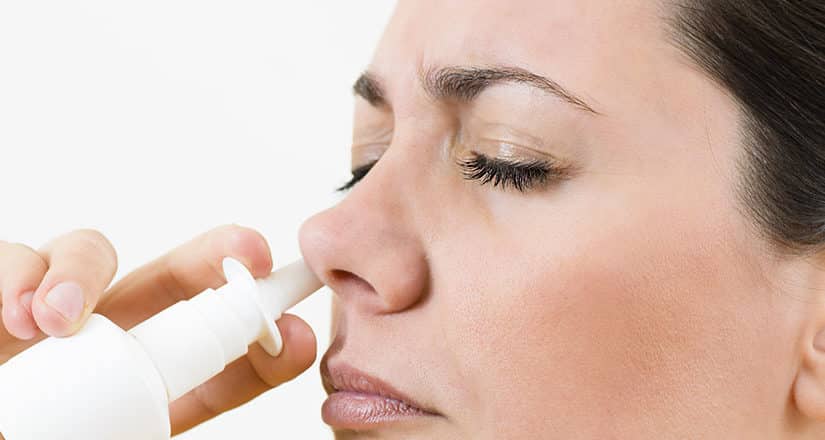Allergic disorders and reactions and fevers can be of different types. Rhinitis is also one of them. The causes, symptoms, diagnosis and treatment of rhinitis will be discussed below, so to find out more about rhinitis, keep on reading. However, if you have a severe case, find allergy doctor.
What Is Allergic Rhinitis?
Allergic rhinitis is also known as hay fever. Hay fever is a very commonly occurring allergic reaction. It happens to a lot of people during the spring, summer as well as winter months. It is associated with fever, coughing, wheezing, runny nose and redness and water accumulating in the eyes. It can be a very troublesome thing to deal with, and you should try to prevent the allergens from triggering the allergy. However, this is easier said than done. Hay and pollen are so small that you won’t even realize that they have entered your body until you start to feel the symptoms kick in.
Causes Of Allergic Rhinitis
We have gone through the causes lightly in the above excerpt, but the main cause of allergic rhinitis or hay fever is pollen or hay. People who live near parks and nature are always exposed to hay and pollen. Pollen is derived from flowers and it is transferred via wind and water to your body. Hay is usually a thin stalk having a light brown color. There are many microorganisms on the hay, which could enter your body and cause hay fever. You should try to expose yourself to pollen and hay as less frequently as possible, otherwise your allergies can get worse.
Symptoms Of Allergic Rhinitis
Now that you know how hay fever or allergic rhinitis is caused, let’s talk about some of its symptoms. The main symptoms of hay fever are:
- Extreme coughing
- Runny nose
- Irritated airways
- Difficulty in breathing
- Tightening of the chest
- Red and itchy eyes
- Watery eyes, this is due to pollen coming into your eyes and causing irritation, due to which water comes out of the eyes
- Headaches due to blocked nose
- Darkness intensified under the eyes
- Irritated skin and red patches covering your body all over
- Extreme laziness and fatigue, not wanting to do anything. This is because your immune system is compromised and you will not feel energetic
How Is Allergic Rhinitis Diagnosed?
If the symptoms are prolonged for too long, then you need to consult with your doctor. Your doctor will usually take a history of your symptoms and also run a few tests. Hay fever can be very easily identified by looking at the symptoms, but an allergy test is also dons, just to be sure. Allergy tests are done in two ways. One is an exposure test, in which your skin is pricked and the allergen is allowed to enter your body. Then, you are monitored for some time to see any changes or symptoms of the allergens. If the symptoms are present, then it is highly probable that you are allergic to the exposed allergen.
Another way of doing an allergy test is through a blood test. A specific antibody is found in the blood known as immunoglobulin E, which is an antibody produced by your immune system when your body contains an allergen. After a successful diagnosis, a treatment plan may be suggested.
Treatment Options You Doctor May Consider
Some of the treatment options for hay fever or allergic rhinitis are as follows:
- Antihistamines are prescribed to get rid of the redness and any inflammation which may be caused by the allergen.
- Nasal sprays and eye drops can be given for the nose and eye issues, in order to get rid of the redness and stuffy nose.
- Decongestants are prescribed for the tightness you feel in your chest and for relieving the pressure in your sinus. They go inside your body and get rid of the congestion and allow you to breathe better.
There you have it! Now you know everything there is to rhinitis and its triggering causes as well as treatment, so that you can try to alleviate the allergy before getting in touch with a doctor. Furthermore, it is recommended to consult with an allergy specialist and take the medication as prescribed.














